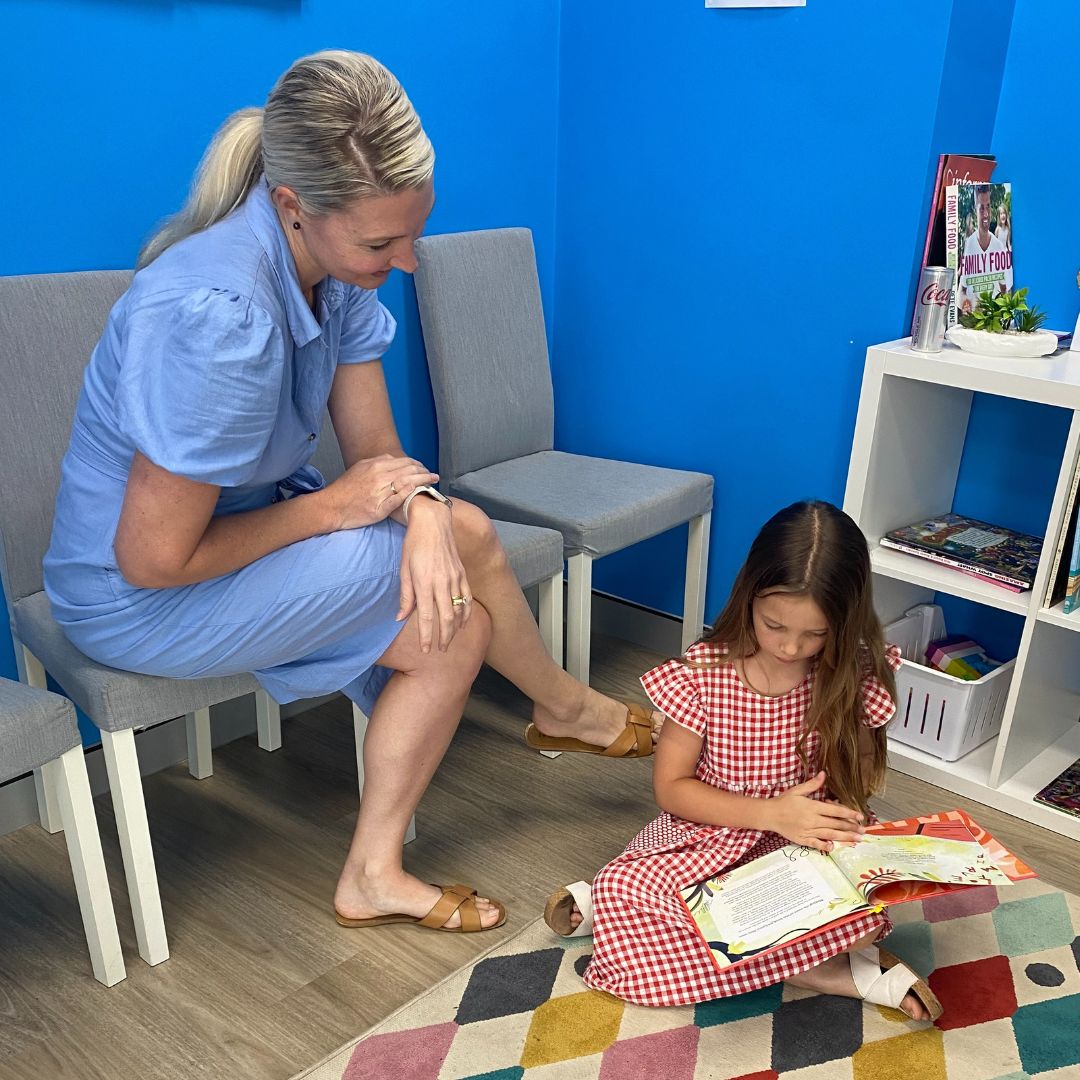Speech Therapy for Learning Disabilities
Unlocking Potential: How Speech Therapy Supports Children with Learning Disabilities
Learning disabilities can affect how children process and understand information, which can subsequently impact their ability to read, write, express ideas and engage in conversations. Speech therapy is one of the most powerful tools to help children overcome any challenges associated with learning disabilities.
While it is known to improve verbal communication; speech therapy also supports children to build their literacy, comprehension and cognitive skills, which consequently supports learning – both in and out of the classroom.
Language Processing and Comprehension
Children with learning disabilities often struggle with language processing, which can consequently make it difficult to follow instructions, understand complex concepts or express thoughts clearly. The focus of speech therapy is breaking down language into manageable parts, which therefore teaches children to organise ideas, recognise patterns and enhance comprehension.
Benefits of speech therapy include:
· Strengthening listening and attention skills
· Expanding vocabulary and understanding sentence structures
· Develop strategies to effectively follow multi-step directions.
Reading and Writing
Many children with dyslexia or other learning disabilities face difficulties with reading fluency and/or written expression. Therefore, engaging in speech therapy can help to improve phonological awareness (the ability to recognise sounds in words), which is foundational for reading and spelling.
Ways speech therapy can help with reading and writing include:
· Sound segmentation and blending for better reading fluency
· Understanding grammar and sentence construction for writing
· Enhancing storytelling and organising ideas for essays and assignments.
Making Friends and Communication Skills
Many learning disabilities can affect a child’s ability to participate in conversations, express emotions and engage in social interactions. However, therapists can teach children how to navigate social interactions confidently and effectively.
Areas that can be improved upon include:
· Turn-taking and active listening skills
· Understanding nonverbal cues (e.g. facial expressions and tone of voice)
· Self-advocacy and expressing thoughts clearly.
Confidence and Emotional Wellbeing
Struggling with communication can lead to frustration, and consequently anxiety and low self-esteem. Nevertheless, speech therapy provides children who experience learning disabilities with the strategies and encouragement they need to feel empowered and confident in their abilities. Accordingly, when children gain confidence in expressing themselves, they are more willing to participate in classroom discussions, make friends and embrace new learning opportunities.
The Role of Speech Therapy for Learning Disabilities
Collaboration between speech therapists, parents, teachers and other support networks is essential in supporting children with learning disabilities. Firstly, parents can reinforce strategies at home through everyday conversations, storytelling and reading activities. Secondly, teachers can integrate speech therapy techniques into lessons, ensuring that children receive consistent support in their learning environments.
QPAH Provides Speech Therapy for Learning Disabilities
At QPAH, our team of experienced speech therapists are dedicated to helping children with learning disabilities build their communication skills and thrive. Through individually tailored speech therapy programs, we empower children to navigate any learning challenges with confidence and success.
To learn more about how speech therapy can benefit your child, contact our friendly team on 07 5647 6120 or email info@qpah.com.au today.
#LearningDisabilities #QPAH #EmpoweringKids #CommunicationMatters #SpeechTherapy

